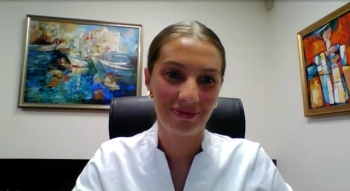
Ana Baramidze, MD, PhD, Todua Clinic, Tbilisi, Georgia, details exciting findings from the EMPOWER-Lung 1 trial regarding cemiplimab and patients with non–small cell lung cancer (NSCLC).

Ana Baramidze, MD, PhD, Todua Clinic, Tbilisi, Georgia, details exciting findings from the EMPOWER-Lung 1 trial regarding cemiplimab and patients with non–small cell lung cancer (NSCLC).
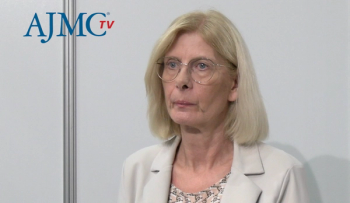
Eva Otter, president of Pulmonary Hypertension Association Europe, discusses the significance of shared decision-making for patients with pulmonary arterial hypertension.
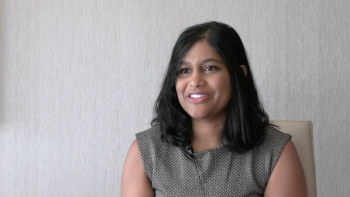
Samyukta Mullangi, MD, MBA, medical director at Thyme Care, explained her excitement to meet with industry leaders, share best practices, and learn about new innovations in oncology care at Patient-Centered Oncology Care® (PCOC) 2024.
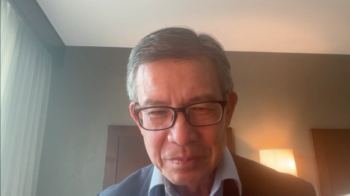
Siow Ming Lee, PhD, FRCP, University College London Hospitals, discusses essential advancements necessary for improving immunotherapy outcomes in special patient subgroups with lung cancer.

September is National Recovery Month, and we are bringing you another limited-edition month-long podcast series with our Strategic Alliance Partner, UPMC Health Plan. In this second episode, we speak with Rebekah Sedlock, DSW, LCSW, and Mandy Fauble, PhD, LCSW.
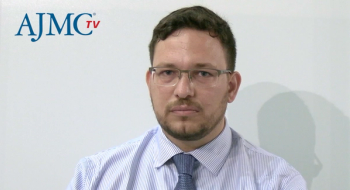
Alexander Mathioudakis, MD, PhD, clinical lecturer in respiratory medicine at The University of Manchester, shares findings from the FLAME trial on blood eosinophil changes in patients with chronic obstructive pulmonary disorder.
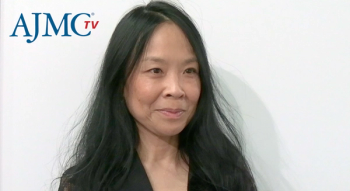
Wanda Phipatanakul, MD, MS, professor of pediatrics at Harvard Medical School and director of the Clinical Research Center at Boston Children's Hospital, discusses some of the most significant health disparities impacting respiratory care.
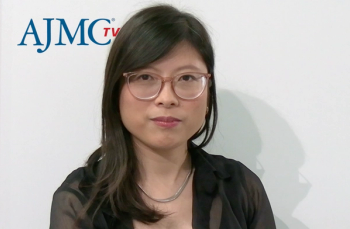
Io Hui, PhD, researcher at The University of Edinburgh, discusses how artificial intelligence (AI) is being applied in respiratory care for both clinicians and patients.
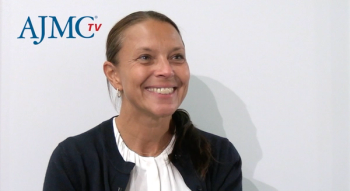
There are general risk factors for patients with rheumatic disease developing interstitial lung disease, but there are also disease-specific risk factors depending on which rheumatic disease they have, explained Anna-Maria Hoffmann-Vold, MD, PhD, a senior consultant and leader of inflammatory and fibrotic research area at Oslo University Hospital.

Susan Sabo-Wagner, MSN, RN, OCN, of the American Oncology Network, expressed excitement toward networking, innovative discussions, and panels on patient advocacy at Patient-Centered Oncology Care® (PCOC) 2024.
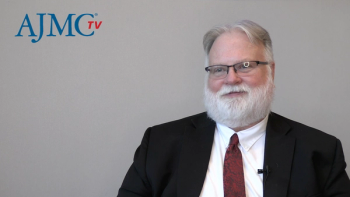
As the pharmacist’s role has evolved in the last decade, they’ve become an important part of reducing costs and better managing patients, explained Scott Soefje, PharmD, MBA, BCOP, FCCP, FHOPA, assistant professor, Mayo Clinic College of Medicines and Science.
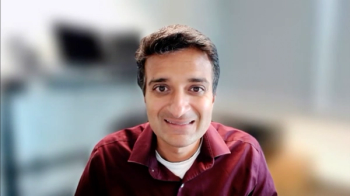
The 2024 World Conference on Lung Cancer (WCLC) marks the 50th anniversary of the International Association for the Study of Lung Cancer. Sandip Patel, MD, joined for an interview looking forward to the unique features of this year's meeting.

Lead investigators, presenters, and the chair of this year’s European Society of Cardiology Congress, John McMurray, MD, discussed the meeting highlights and recapped important data.

This interview accompanies the first podcast in our National Recovery Month series with Michael Lynch, MD, attending emergency physician and medical toxicologist at the University of Pittsburgh Medical Center.
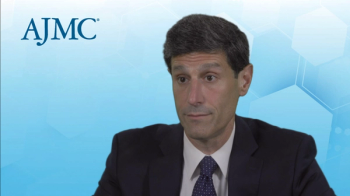
Ty J. Gluckman, MD, FACC, FAHA, of Providence St. Joseph Health, emphasizes the need for better prevention of cardiovascular risks and discusses upcoming advances in glucagon-like peptide 1 (GLP-1) therapies.
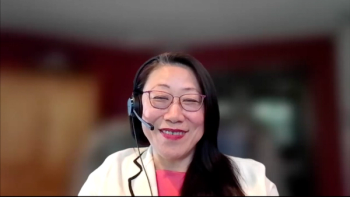
Sophia Humphreys, PharmD, director of formulary management at Sutter Health, discusses how group purchasing organizations (GPOs) influence integrated delivery networks (IDNs) and hospitals in making formulary decisions, including the adoption of biosimilars.
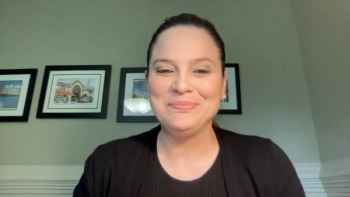
Ticiana Leal, MD, associate professor and director of the Thoracic Medical Oncology Program in the Department of Hematology and Medical Oncology at Emory University School of Medicine, discusses the latest advances in perioperative non–small cell lung cancer (NSCLC) treatment.
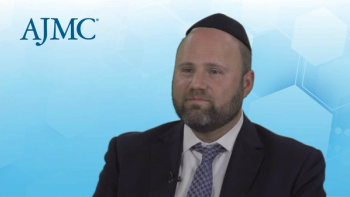
Ian Neeland, MD, of University Hospitals and Case Western Reserve University, recommended a team-based, comprehensive approach to managing diabetes and its related complications.
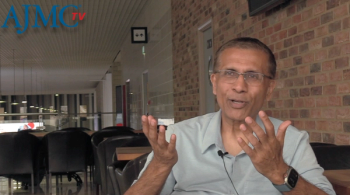
The FINEARTS-HF late-breaking data were forefront at the 2024 European Society of Cardiology Congress in London.
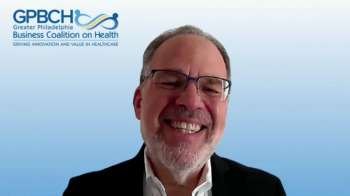
Neil Goldfarb, president and chief executive officer of the Greater Philadelphia Business Coalition on Health (GPBCH), previews the variety of themes and sessions at the upcoming GPBCH Annual Wellness Summit taking place September 10, 2024.
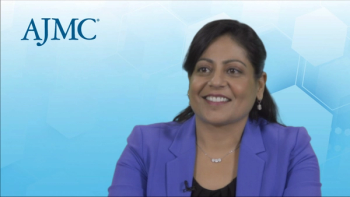
Manisha Jhamb, MD, MPH, of the University of Pittsburgh Medical Center (UPMC), is excited about CMS's negotiated drug prices under the Inflation Reduction Act (IRA) for patients with kidney disease; conversely, she highlights the challenge of low kidney disease awareness.
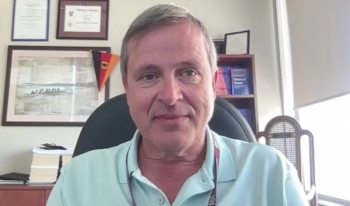
Martin Kolb, MD, PhD, professor of medicine at McMaster University, previews key topics to be presented at this year's European Respiratory Society (ERS) Congress.
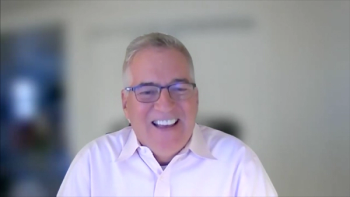
Steve Pickette, PharmD, BCPS, explains that artificial intelligence (AI)–driven formulary analysis can significantly enhance the efficiency and accuracy of drug selection processes by rapidly compiling and analyzing evidence.
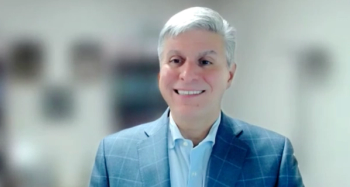
Joseph Biggio, MD, system chair and service line leader for women's services and system chair for maternal fetal medicine at Ochsner Health, discusses some of the innovations to manage hypertension during pregnancy and postpartum.

Ty J. Gluckman, MD, FACC, FAHA, of Providence St. Joseph Health, reacted positively to CMS' drug price cuts under the Inflation Reduction Act, but he also expressed concerns about the potential future impact on drug innovation.

JT Lew, PharmD, MBA, highlights that the primary challenges for patients with multiple sclerosis (MS) in accessing prescribed medications include dealing with the shock of the diagnosis, navigating complex health plan benefits and out-of-pocket costs, and experiencing delays due to insurance barriers.

September is National Recovery Month, and we are bringing you another limited-edition month-long podcast series with our Strategic Alliance Partner, UPMC Health Plan. In this first episode, we speak with Michael Lynch, MD, associate professor of emergency medicine at the University of Pittsburgh and an attending emergency physician and medical toxicologist at the University of Pittsburgh Medical Center.
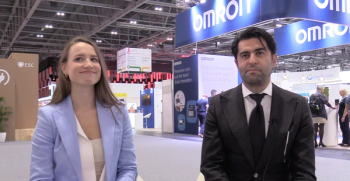
"Now we can actually focus and look at the disease itself, treat the heart disease itself, which is the plaque in the coronary arteries, as opposed to treating the risk of disease," Amir Ahmadi, MD, Mount Sinai, says in an interview at the European Society for Cardiology Congress.
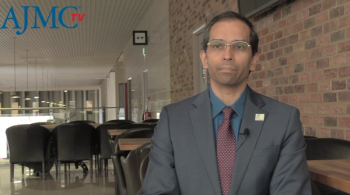
Deepak Bhatt, MD, Mount Sinai Heart, highlights the kidney-specific outcomes of the pivotal EMPACT-MI clinical trial in an interview at the 2024 European Society of Cardiology Congress.
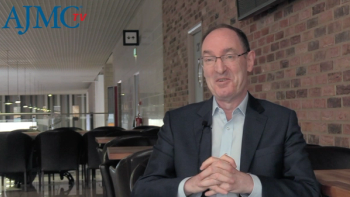
In patients with heart failure with mildly reduced and preserved ejection fraction, finerenone reduced the risk of heart failure worsening or hospitalizations compared with placebo, explained John McMurray, MD, the co–principal investigator of the FINEARTS-HF trial.

259 Prospect Plains Rd, Bldg H
Cranbury, NJ 08512
© 2025 MJH Life Sciences®
All rights reserved.
